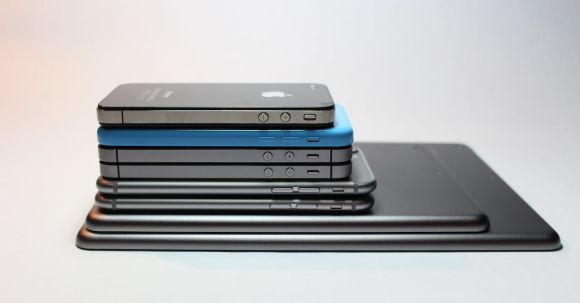In the fast-paced digital age we live in, smartphones have become an integral part of our daily lives. We rely on them for communication, entertainment, and information. But have you ever wondered about the impact these devices have on our brains? In this article, we will explore the various ways in which smartphones affect our cognitive processes and overall mental well-being.
The Dopamine Effect
One of the primary reasons why smartphones have such a strong hold on our attention is the release of dopamine in our brains. Dopamine is a neurotransmitter that is associated with pleasure and reward. Every time we receive a notification or a message, our brains get a hit of dopamine, which creates a sense of excitement and anticipation. This constant stimulation can lead to an addiction-like behavior, as we become reliant on our smartphones for that pleasurable dopamine release.
Reduced Attention Span
With the constant influx of information and distractions available on smartphones, it’s no wonder that our attention spans have taken a hit. Research suggests that prolonged smartphone use can lead to a decrease in our ability to concentrate and focus on tasks. The constant multitasking and switching between apps and notifications trains our brains to be in a state of constant distraction. Consequently, this can have a negative impact on our productivity and overall cognitive performance.
Memory and Cognitive Abilities
Our reliance on smartphones for storing information has led to what psychologists refer to as the “Google effect.” Instead of relying on our own memory, we simply turn to our smartphones for answers. While this may seem convenient, it can actually hinder our ability to retain and recall information. Studies have shown that the mere presence of a smartphone can impair our cognitive abilities, including memory and problem-solving skills.
Sleep Disruptions
The blue light emitted by smartphones can interfere with our natural sleep patterns. Exposure to this type of light in the evening can suppress the production of melatonin, a hormone that regulates sleep. As a result, our sleep quality can suffer, leading to daytime fatigue and decreased cognitive function. Furthermore, the constant urge to check our smartphones, even during bedtime, can disrupt our sleep routine and make it harder to fall asleep.
Social Interactions
While smartphones have made it easier to stay connected with others, they have also had a negative impact on our face-to-face social interactions. Spending too much time on our phones can lead to a decrease in the quality and quantity of our real-life social interactions. We may find ourselves glued to our screens during social gatherings, missing out on meaningful connections and conversations. This can lead to feelings of loneliness and social isolation.
Finding a Balance
It’s important to recognize the impact smartphones have on our brains and take steps to find a healthy balance. Setting boundaries and limits on smartphone use can help reduce the negative effects. Designating specific times for smartphone-free activities, such as reading a book or engaging in a hobby, can help improve focus and attention span. Additionally, practicing mindfulness and being present in the moment can help counteract the constant distractions of smartphones.
In conclusion, smartphones have undoubtedly revolutionized the way we live our lives, but they also come with their own set of challenges. From the dopamine effect to reduced attention spans and sleep disruptions, smartphones can have a significant impact on our brains. However, by being aware of these effects and taking proactive steps to find a healthy balance, we can mitigate the negative consequences and make the most of the benefits that smartphones offer.





